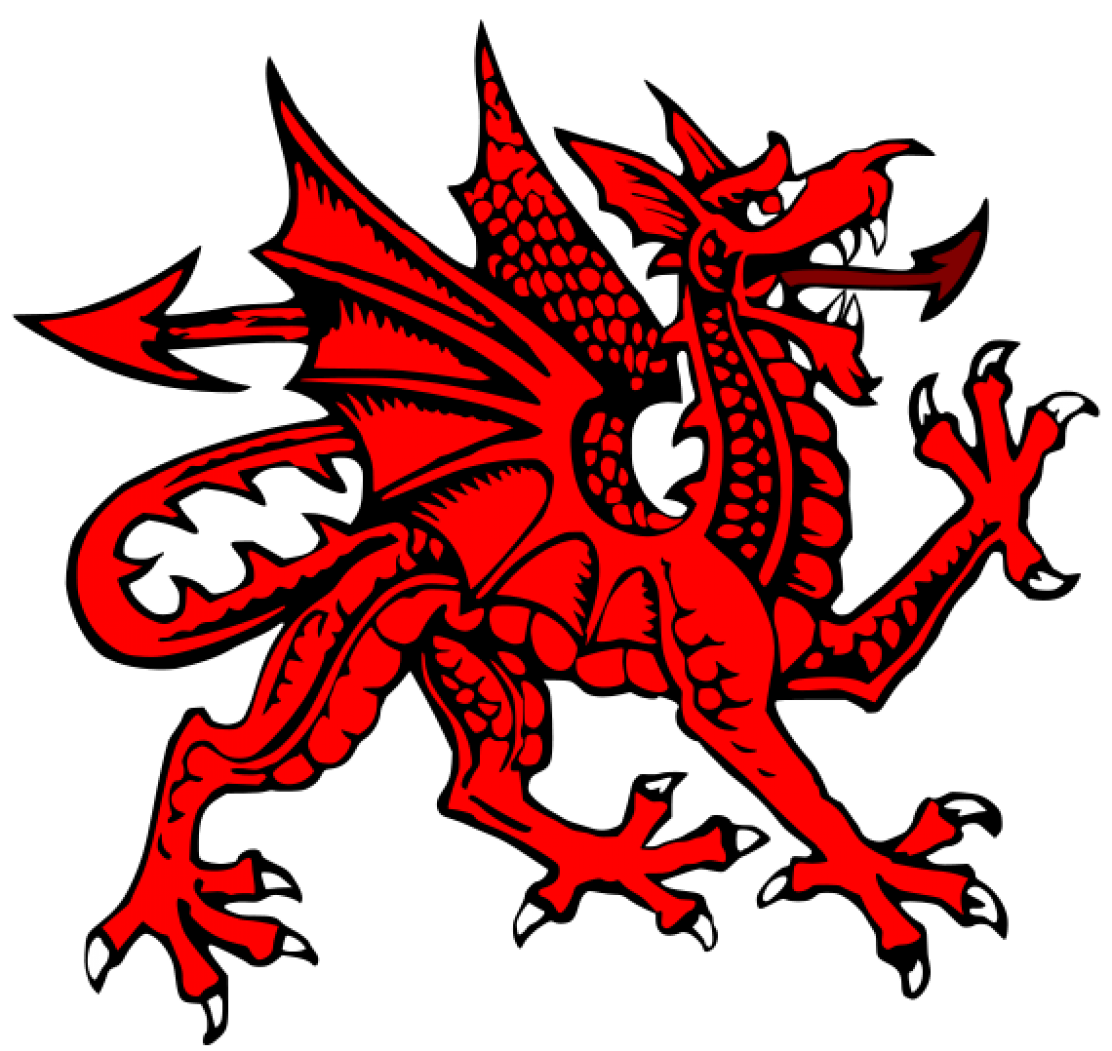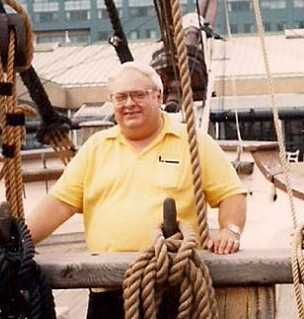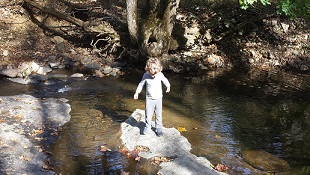 The Covid-19 pandemic has had a major effect on many aspects of everyday life. One thing that has been particularly hard hit is travel. The virus moves wherever people are in large groups, and the more groups people move in or through, the more vectors the virus has. So, travel has been actively discouraged across the board. On many occasions the government, CDC, or both, have advised citizens to cancel or postpone whatever travel plans they may have. Some areas have actively prevented travel for all but emergency respondents, and even they have restrictions. Regions of the USA, especially California and New York City, are in full scale quarantine. Simply put, traveling is a pain these days.
The Covid-19 pandemic has had a major effect on many aspects of everyday life. One thing that has been particularly hard hit is travel. The virus moves wherever people are in large groups, and the more groups people move in or through, the more vectors the virus has. So, travel has been actively discouraged across the board. On many occasions the government, CDC, or both, have advised citizens to cancel or postpone whatever travel plans they may have. Some areas have actively prevented travel for all but emergency respondents, and even they have restrictions. Regions of the USA, especially California and New York City, are in full scale quarantine. Simply put, traveling is a pain these days.
Even so, on this holiday season, my family did elect to travel, specifically to Louisiana, where much of Lisa’s family lives. Still we had to ask ourselves, did we really need to travel? In this particular case, I think we did. We had just started to recover from the loss of Michael when this pandemic kicked in. We have been trapped in our house, which was full of memories and associations. We needed a change of venue, and needed to get away from home for a little while. Speaking only for myself, I needed to step out of my routine for a few days so as to finally put the past year into perspective, and try to decide what to do next. So, when the opportunity to travel presented itself, we elected to take it. Fortunately, when the time to travel arrived, we were not in a state of national lock down.
Even so, we had to take some precautions. Wearing a face mask at all times it just the beginning. We also had to maintain the recommended six foot distance, avoid large groups where possible, not make extended small talk, and so forth. All of those things can give the virus opportunities to spread. So, as we waited for our flight in the Charlottesville airport, we kept our masks on and stayed in one place, largely away from others. The airport was largely empty anyway, and our flight was one quarter capacity at best.
Then had a near four hour layover in Atlanta. Being stuck at Atlanta international airport for four hours is a trying situation under the best of circumstances, but with social distancing practices in place, it was worse. Again, we stayed away from other groups of people, kept our masks on, and didn’t interact with others unless we had to. The flight from Atlanta to New Orleans was about two thirds full, but was uneventful. Everyone kept their masks on and kept to themselves. I dozed the whole time.
When we finally arrived in New Orleans, we were quickly picked up by my father in law. Once we arrived at their house, we immediately changed clothes. In Louisiana at least, that is recommended of travelers. The assumption is that if the virus is hiding in your clothes, the sooner they get into the washing machine, the better. So throughout our trip to Louisiana, we continued to exercise caution and obeyed local recommendations.
Then I made the mistake of mentioning our trip on Facebook. A few people scolded me for traveling, and said that my selfish choices could result in people dying. Our emotional health wasn’t as important as the health risk we were creating, and we should have stayed right where we were.
Even as we visit with family, we still keep our masks on and maintain the six foot distance where possible. When we visited one of Lisa’s sisters, we had the gathering on the patio, picnic style. The six foot separation and face masks were an inconvenience, but nothing more. Following these guidelines isn’t difficult, and I can’t think of a good reason not to follow them.
To my surprise however, roughly half the population of New Orleans did find an excuse! We made a day trip to the
Audubon Aquarium of the Americas[1] in downtown New Orleans, and then to Cafe du Monde for their famous beignets. The visitors in the aquarium were OK about masks and distancing, but many of the people in and around Jackson Square were not wearing masks, were congregating in tight groups, and generally throwing all social distancing guidelines out the proverbial window. New Orleans is famous for its food and drink, and it’s one of those cities where “what happens here, stays here.” But that doesn’t really apply to a highly contagious virus!
I was not amused, and my daughter was noticeably upset.
Anyway, we played by the rules, and still enjoyed our trip. We we returned Virginia, we again wore masks all day, avoided crowds, maintained a six foot distance, and started doing laundry when we got home. We’re also looking into where we can be tested.
So I can safely say that it is possible to travel these days, and that the social distancing guidelines are not a serious buzzkill. But if you’re going to travel, you should be socially responsible and follow the pandemic related guidelines.
As a final note, regarding those people who get upset about having to wear a mask, and claiming it’s a violation of personal rights and liberties? (Like roughly half the people we saw in New Orleans?) These people really need to calm down, pull in a deep breath, and consider taking a break. Perhaps even a vacation.
- I strongly recommend visiting this place if you like sea creatures and other things oceanic. The Audubon Institute also operates a very good zoo in New Orleans, which I also recommend. We only had time to do one of them on this particular trip, but if your time and budget permits, try seeing both.
Image credit: Megson Fitzpatrick.






